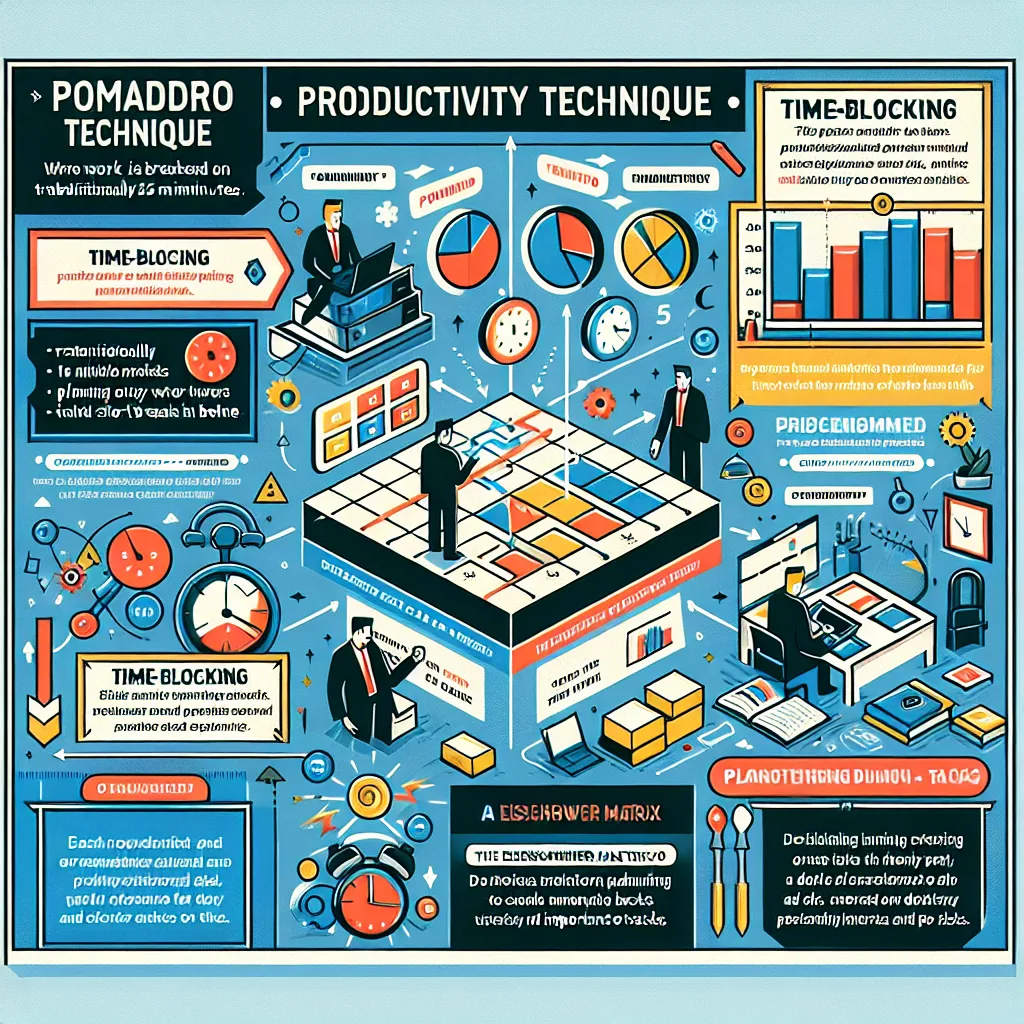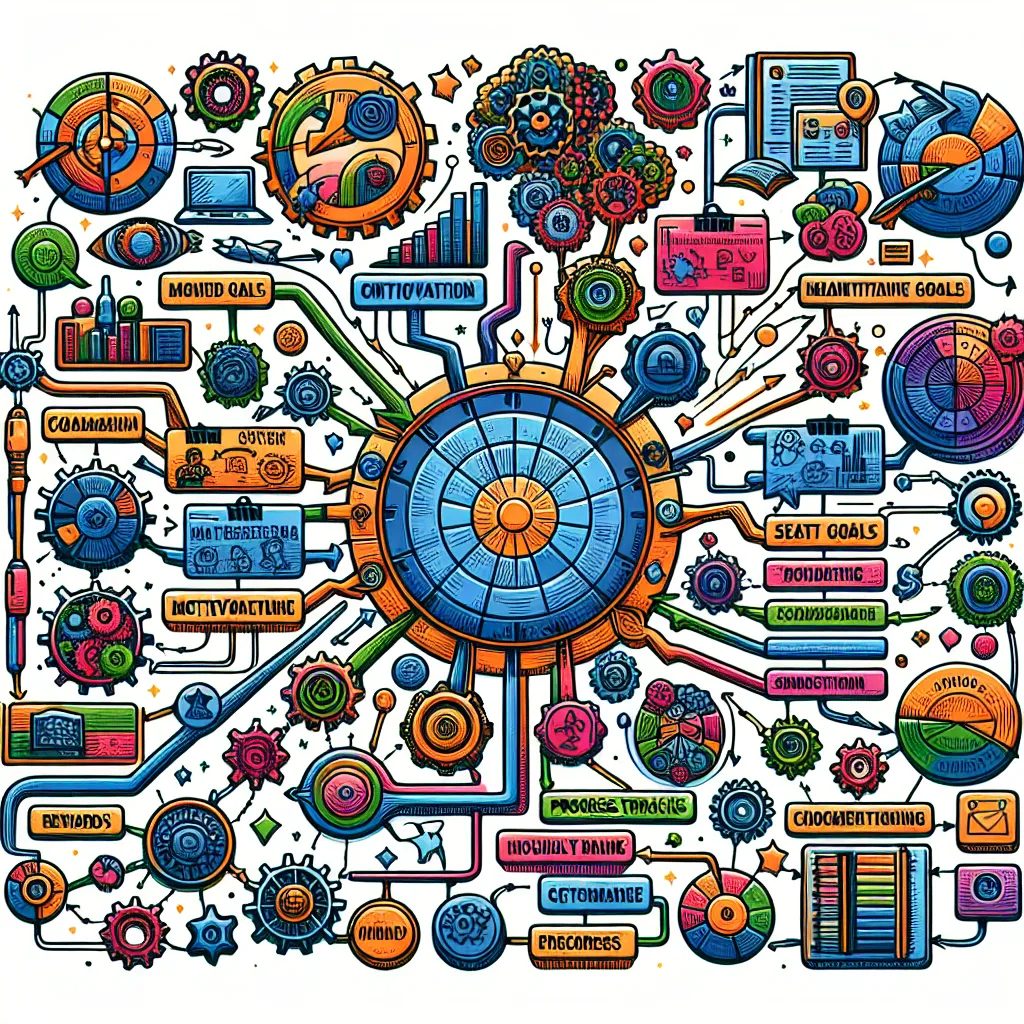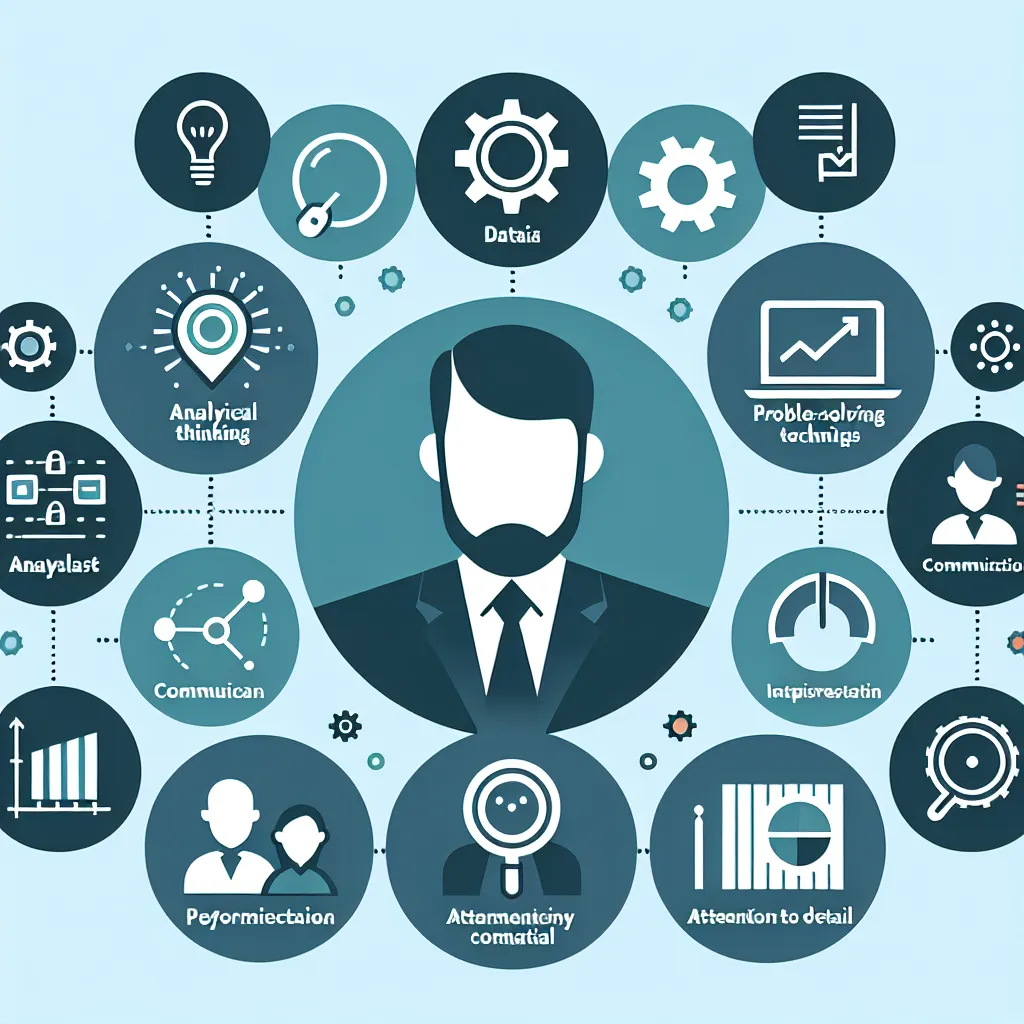In today’s competitive job market, showcasing your productivity skills during an interview can significantly boost your chances of landing your dream job. Employers are increasingly looking for candidates who can efficiently manage their time and resources to maximize output. This article will guide you through answering productivity-related questions in job interviews, helping you present yourself as a highly efficient and valuable asset to any organization.
Understanding Productivity in the Workplace
Productivity in the workplace refers to the ability to accomplish tasks efficiently and effectively while maintaining high-quality standards. It’s not just about working hard, but working smart. Employers value productive employees because they contribute significantly to the company’s success and bottom line.
 Productive workplace environment
Productive workplace environment
Why Employers Ask About Productivity
Interviewers ask about productivity to assess several key factors:
- Time management skills
- Ability to prioritize tasks
- Efficiency in completing assignments
- Problem-solving capabilities
- Adaptability to workload changes
Understanding these aspects will help you frame your answers more effectively.
Common Productivity Questions and Sample Answers
Let’s explore some typical productivity-related questions you might encounter in a job interview, along with sample answers to guide your preparation.
1. “How do you manage your time and prioritize tasks?”
Sample Answer: “I use a combination of digital tools and traditional methods to manage my time effectively. Each morning, I review my to-do list and prioritize tasks based on urgency and importance. I use the Eisenhower Matrix to categorize tasks, focusing on high-priority items first. For larger projects, I break them down into smaller, manageable tasks and set realistic deadlines. I also use time-blocking techniques to allocate specific hours for different types of work, which helps me maintain focus and avoid multitasking.”
2. “Can you describe a time when you had to juggle multiple projects? How did you handle it?”
Sample Answer: “In my previous role as a marketing coordinator, I was responsible for managing three major product launches simultaneously. To handle this, I first created a master timeline for all projects, identifying key milestones and potential overlaps. I then used project management software to track progress and deadlines. I communicated regularly with team members and stakeholders to ensure everyone was aligned. When faced with conflicting deadlines, I negotiated with project leads to adjust timelines where possible and delegated tasks to team members based on their strengths. This approach allowed me to successfully deliver all three projects on time and within budget.”
3. “How do you stay focused and productive during long work hours?”
Sample Answer: “To maintain productivity during long work hours, I employ several strategies. First, I ensure my workspace is organized and conducive to focus. I use the Pomodoro Technique, working in 25-minute focused sessions followed by short breaks. This helps me maintain concentration and avoid burnout. I also prioritize self-care by staying hydrated, taking short walks, and doing quick stretching exercises. Additionally, I minimize distractions by turning off non-essential notifications and communicating my availability to colleagues. These practices help me sustain high productivity levels throughout the day.”
 Productivity techniques visualization
Productivity techniques visualization
4. “How do you handle interruptions or unexpected tasks while working on a deadline?”
Sample Answer: “When faced with interruptions or unexpected tasks, I first quickly assess their urgency and importance relative to my current work. For minor interruptions, I politely acknowledge them and promise to address them later, maintaining focus on my primary task. For more significant unexpected tasks, I re-evaluate my priorities. If the new task is truly urgent, I communicate with relevant stakeholders about potentially adjusting deadlines. I’m also proactive in building buffer time into my schedules to accommodate unexpected work without derailing my overall productivity.”
5. “What tools or methods do you use to track your progress on projects?”
Sample Answer: “I use a combination of digital tools and personal techniques to track project progress. For team projects, I rely on project management software like Trello or Asana, which allows for real-time updates and collaboration. For personal task management, I use a digital to-do list app that syncs across my devices. I also maintain a simple spreadsheet for long-term goal tracking, where I break down big goals into smaller, measurable milestones. Additionally, I conduct weekly self-reviews to assess my progress, identify any bottlenecks, and adjust my strategies as needed.”
Tips for Answering Productivity Questions
-
Use the STAR Method: When describing past experiences, use the Situation, Task, Action, Result (STAR) method to structure your answers concisely and effectively.
-
Quantify Your Achievements: Whenever possible, use numbers to illustrate your productivity. For example, “I increased team efficiency by 30% by implementing a new project management system.”
-
Highlight Relevant Skills: Emphasize skills like time management, organization, and problem-solving in your answers.
-
Show Adaptability: Demonstrate how you can adjust your productivity strategies to different work environments and challenges.
-
Be Specific: Provide concrete examples of tools, techniques, or strategies you’ve used successfully.
Common Mistakes to Avoid
When answering productivity-related questions, be careful to avoid these common pitfalls:
-
Overemphasizing Speed at the Expense of Quality: While efficiency is important, make sure to highlight that you maintain high standards of quality in your work.
-
Neglecting to Mention Collaboration: Productivity isn’t just about individual performance. Show how you contribute to team productivity as well.
-
Failing to Address Setbacks: Don’t just focus on successes. Demonstrating how you’ve learned from and overcome productivity challenges can be equally impressive.
-
Being Too Vague: Avoid generic answers. Provide specific examples and details to make your responses more credible and memorable.
-
Ignoring Work-Life Balance: While showing dedication is important, be cautious about implying that you work excessively long hours, as this can raise concerns about burnout and sustainability.
Follow-up Questions and Suggested Answers
Here are some potential follow-up questions interviewers might ask, along with suggested responses:
-
Q: “How do you handle stress when working on multiple high-priority tasks?”
A: “I manage stress by breaking large tasks into smaller, manageable parts and focusing on one step at a time. I also practice mindfulness techniques and ensure I take short breaks to recharge. Additionally, I’m not afraid to communicate with my team or supervisor if I need support or resources to meet deadlines effectively.” -
Q: “Can you describe a situation where you had to improve the productivity of a team or process?”
A: “In my previous role, I noticed our team meetings were often unproductive and time-consuming. I proposed and implemented a new meeting structure with clear agendas, time limits for each topic, and action items assigned at the end. This reduced our meeting times by 25% and increased overall team productivity by ensuring everyone left with clear tasks and deadlines.” -
Q: “How do you stay updated with new productivity tools and techniques?”
A: “I’m passionate about continual improvement, so I regularly read productivity blogs, attend webinars, and participate in online forums discussing the latest productivity tools and methods. I also network with colleagues in my field to share best practices. When I discover a new tool or technique, I test it out in my personal workflow before considering its implementation in my professional work.” -
Q: “How do you balance attention to detail with the need to meet deadlines?”
A: “I believe in the importance of both quality and timeliness. To achieve this balance, I start by clearly understanding the project requirements and expectations. I then allocate time for thorough work as well as for review and quality checks. If I foresee any conflicts between maintaining quality and meeting a deadline, I communicate early with stakeholders to either adjust the timeline or prioritize the most critical aspects of the project.” -
Q: “How do you motivate yourself to stay productive during repetitive or mundane tasks?”
A: “For repetitive tasks, I try to find ways to make them more engaging or efficient. This might involve creating templates or macros to speed up the process, or challenging myself to complete the task more quickly each time without sacrificing quality. I also try to understand how these tasks contribute to larger goals, which helps me stay motivated. Additionally, I often use the completion of these tasks as a reward system, allowing myself short breaks or moving on to more engaging work once they’re done.”
 Productivity motivation techniques
Productivity motivation techniques
Conclusion
Mastering the art of answering productivity questions can significantly enhance your chances of success in job interviews. By understanding what employers are looking for and preparing thoughtful, specific responses, you can effectively showcase your ability to work efficiently and contribute value to the organization. Remember to focus on concrete examples, quantify your achievements where possible, and demonstrate your adaptability and continuous improvement mindset. With these strategies, you’ll be well-equipped to impress interviewers with your productivity prowess.
For more insights on acing your job interview, check out our articles on how to answer questions about organizational skills and how to answer questions about professional development. These resources will further enhance your interview preparation and help you present yourself as a well-rounded, highly effective professional.




